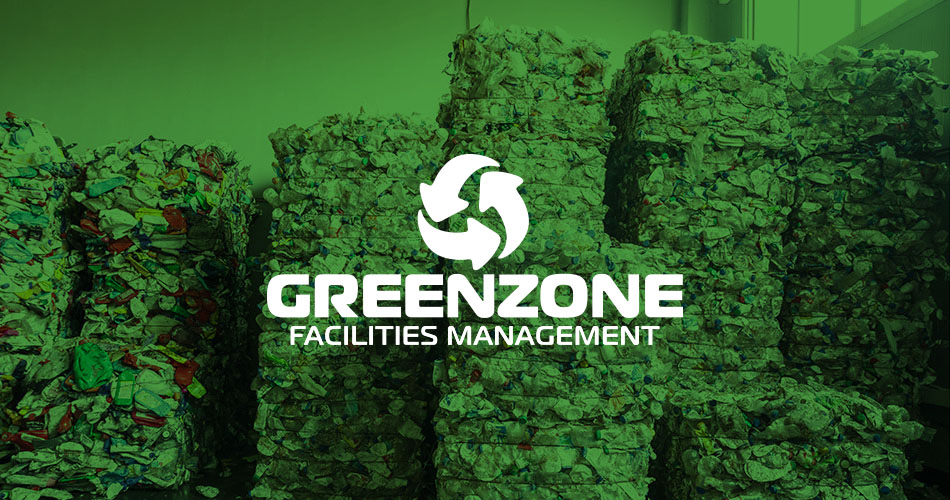“The narrative around food that we don’t traditionally eat is all negative,” said McQuillan, whether it is the recently in vogue “ugly” produce or the yuck-inducing name “trash cooking.” “Instead of calling this trim or byproduct, let’s come up with a name for it.”
It worked for the slimehead, a fish we now see on restaurant menus as orange roughy. It worked for Archibald Alexander Leach – you probably knew him as Cary Grant. And McQuillan is hoping the re-branding effort will make a dent in this country’s huge problem with food waste.
It’s already working at Baldor. The company, which provides produce and specialty goods such as caviar and olive oil to the mid-Atlantic and north east’s food-service industry, no longer produces any organic food waste as of this year, thanks to some clever reuse initiatives. For the company’s Fresh Cuts programme, which offers pre-sliced, diced or otherwise prepared vegetables, Baldor saves all of its sparcs (though the company stylises it with a capital C, “SparCs,” to “help make the word stand out,” McQuillan said) for human or animal consumption. Previously, these edible and nutritious pieces of fruits and vegetables would have been discarded.
Orginal Source

